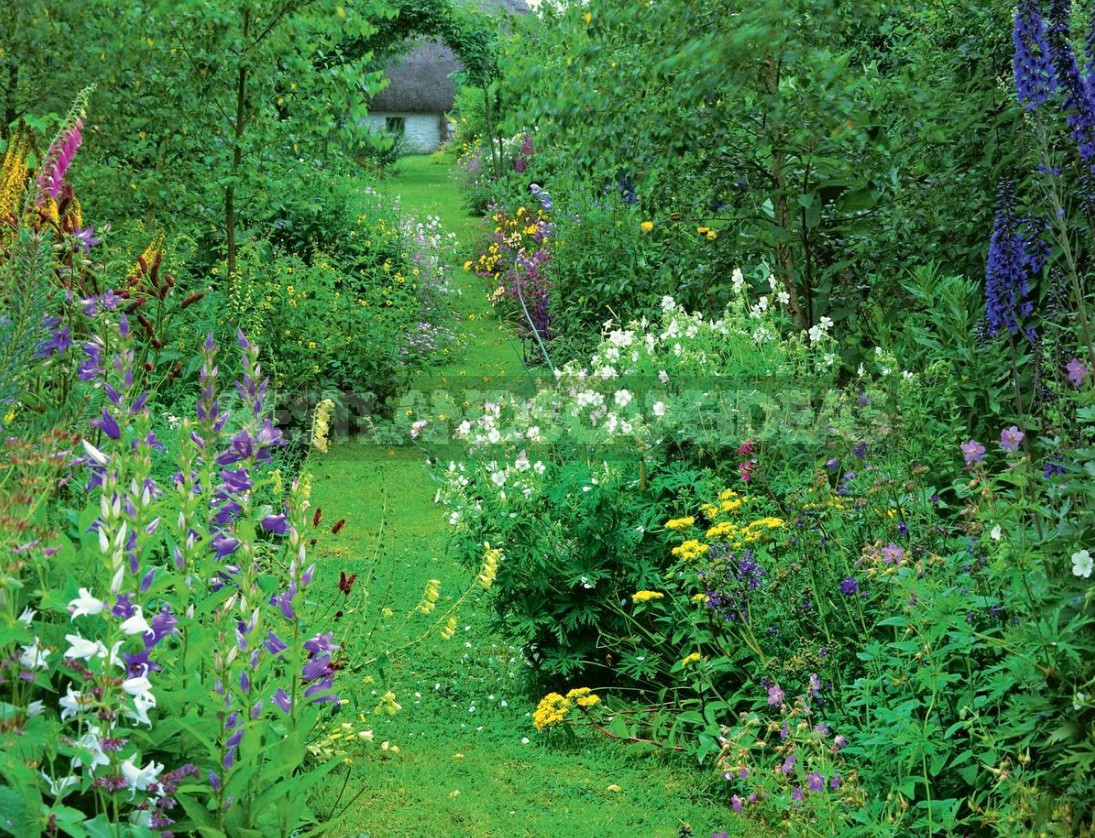
Surrounded by greenery, a luxurious garden is everyone’s dream. And, no doubt, we want all the” inhabitants ” of the site to look great, and for this they must have excellent health. After all, even one sick, depressed or withering plant-a Bush, tree, flower-can spoil the amazing beauty of the composition and the overall impression of the garden. And it’s really a shame when incomprehensible ailments ruin the crop, or even the entire trees…
Why is this happening and can I once and for all insure myself against the numerous diseases that are in the air? Unfortunately, no. After all, bacteria, viruses, fungi, pests and parasites, which are innumerable, are an integral and, most importantly, necessary part of living nature. They, as “forest medics”, pounce on the weakest to destroy the non-viable “stragglers”, and” heroes ” to help develop immunity, get stronger and give healthy offspring. This process is called natural selection. But in our garden, we want to make the selection ourselves, which means that we will have to face plant diseases.
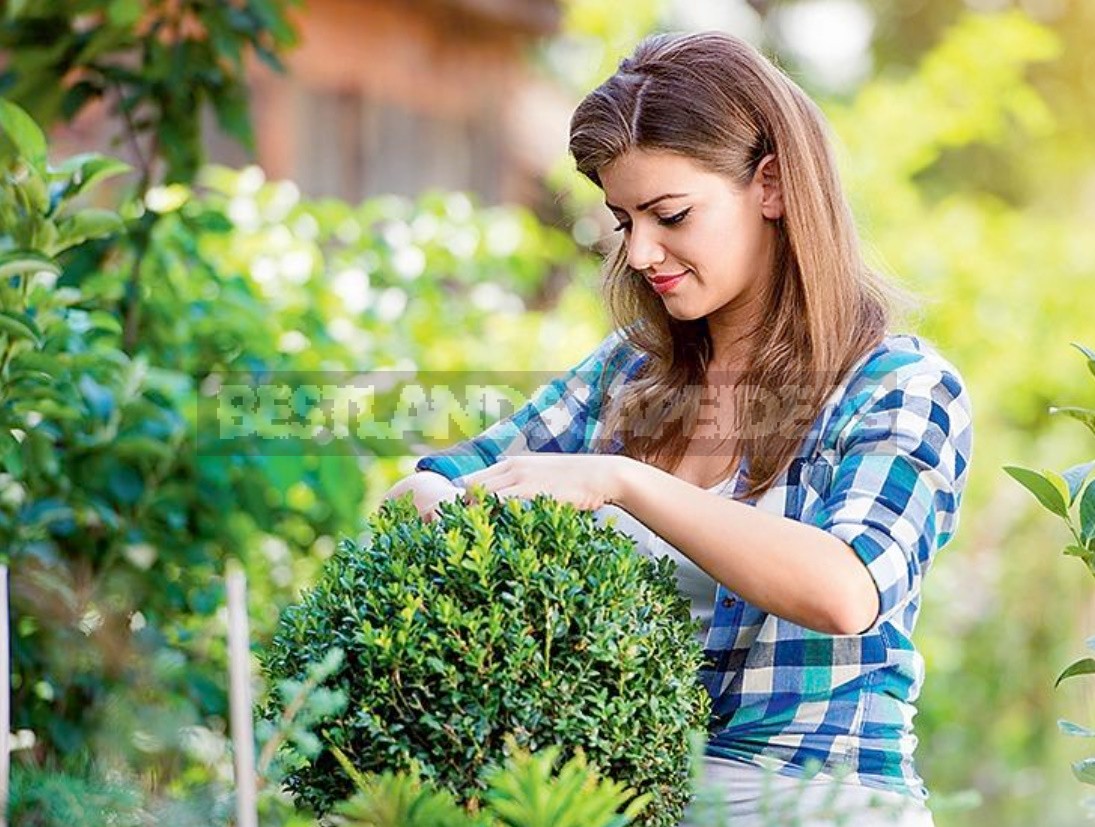
How can I avoid mistakes?
All novice gardeners, laying the garden, make the same mistakes. Choosing trees, shrubs, and flowers, we look for the most rare and unusual. If the flowers are the most spectacular, if the fruit trees are the most productive, with the largest and sweetest fruits and berries. But … varietal and even more so hybrid plants tend to be less stable than their wild relatives, which nature has created and adapted to a changing environment for hundreds of thousands of years. Breeders, when they produce cultivated plants with a given set of qualities (the size of the fruit, its taste, abundance, shape and size of flowers), violate the finely tuned natural balance in favor of one thing. And as a result, they get incredibly beautiful or prolific “caprices” that require increased attention to themselves.
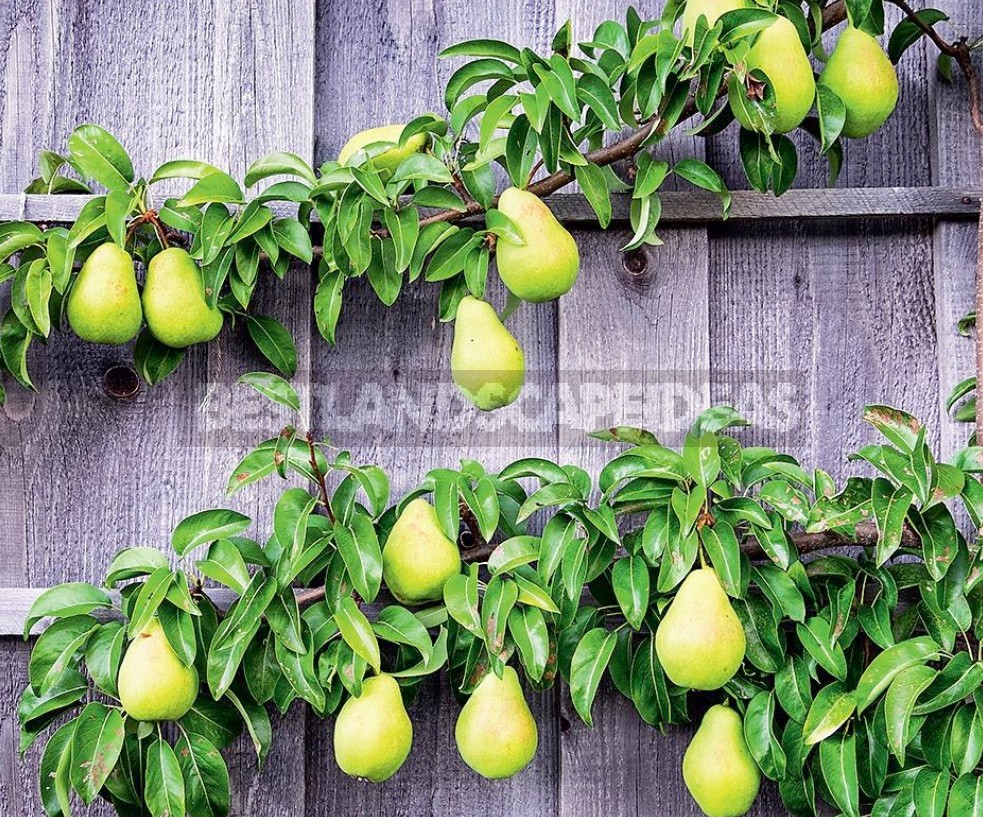
Unfortunately, cultivated plants are less durable and more demanding to the conditions of maintenance, and any stressful situation (transplanting, transportation, incorrect agricultural equipment, unsuitable soil conditions, climatic disasters-frosts, droughts, glaciation, thaw) can seriously weaken them. Perhaps this is partly why landscape gardens have become more and more popular recently, with more resistant (less often diseased) and less demanding to care for species of plants.
Choosing the “right” varieties
As a rule, all plants have a sufficient degree of adaptability to various conditions. This allows the ” southerners “to move North, and the” northerners ” to grow South of their usual habitat. Do you want specific examples?
Today, every garden has plants not only from mountains and swamps, forests and steppes, but also from different climates, parts of the world, and continents. This, of course, inspires many to bold experiments, but… If you are an inexperienced, enthusiastic gardener, and your task is just to have a beautiful and healthy garden that does not take too much time and does not create problems, then it should be based on representatives of the local flora and zoned varieties.
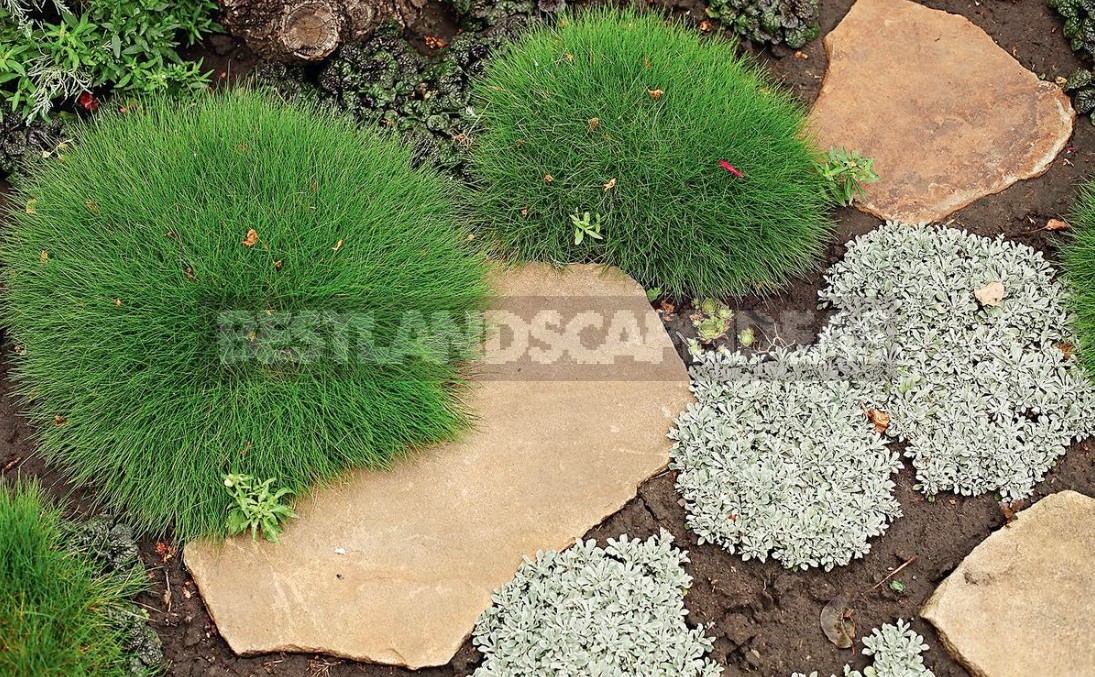
It is best if the seedlings of trees and shrubs are not just related to the climate zone where you live, but also grown somewhere nearby. In other words, they must be adapted to the specific climatic and soil conditions of your area, and the varieties are resistant to common diseases here.
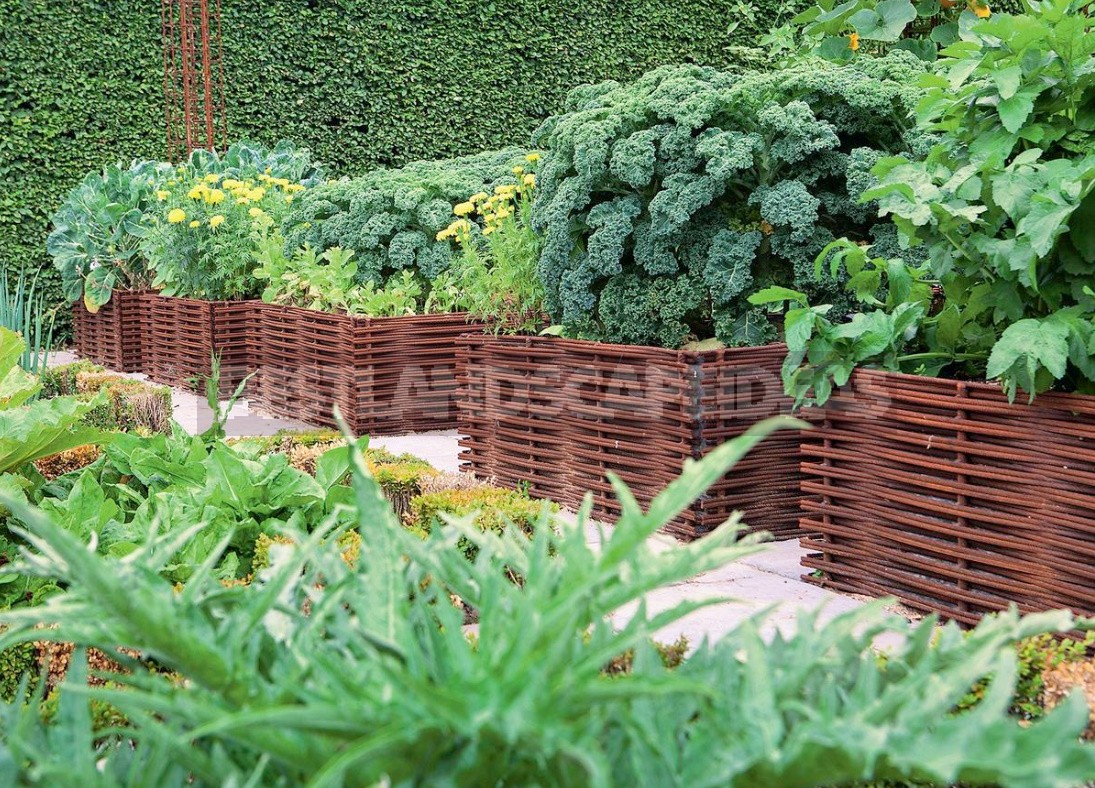
And if you choose something exotic, rare, unusual, then let it be already adapted copies. No matter how good and healthy seedlings from nurseries are, it will be much more difficult for them to adapt to a foreign climate.
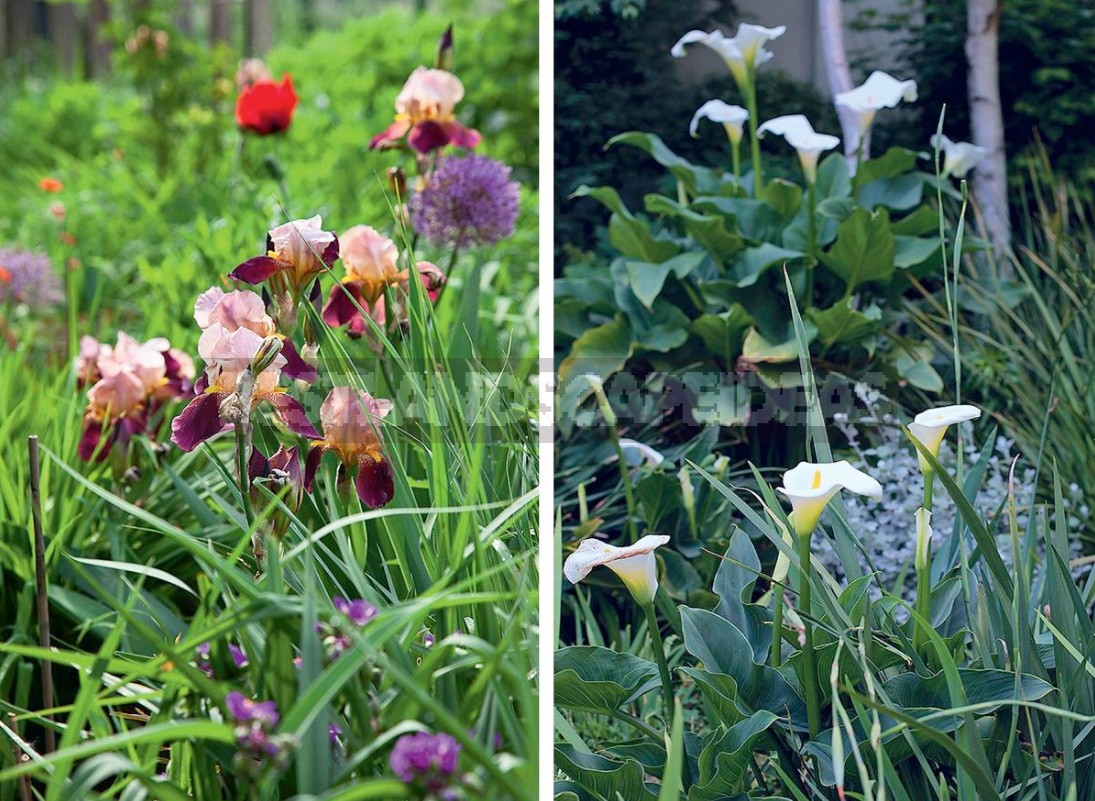
Important: plants grown from seeds are more stable and durable than those that were propagated vegetatively (although both flowering and fruiting in this case occurs later). Reliable own-rooted and grafted.
What does a garden need for health?
In General, it is quite simple to understand what is required for the health of the garden. What is good for humans is also good for other living things, including plants. This:
- proper nutrition,
- sufficient oxygen (for plants still in the soil),
- necessary and timely water procedures,
- sunlight and heat,
- mandatory rest period.
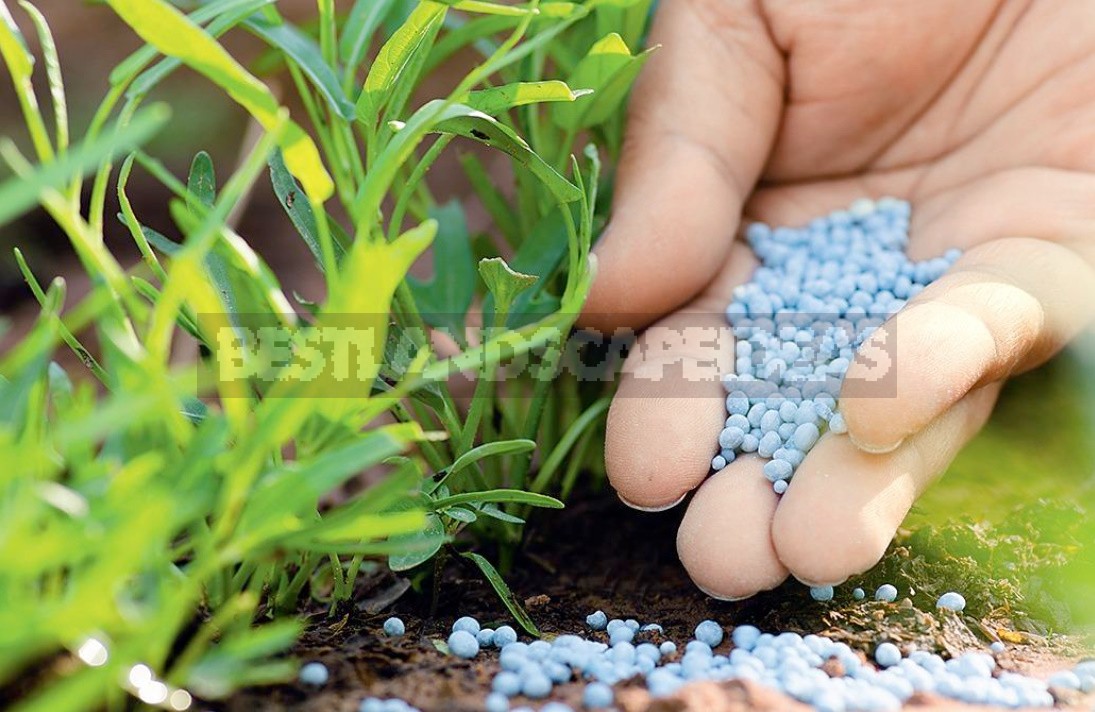
Not only underfed, but also overfed with nutrients, plants are less resistant to climatic adversities and diseases, so they become desirable prey for pests and pathogens. And increased watering is no less dangerous than drought, it can lead to rotting of the root system and the emergence of various rots.
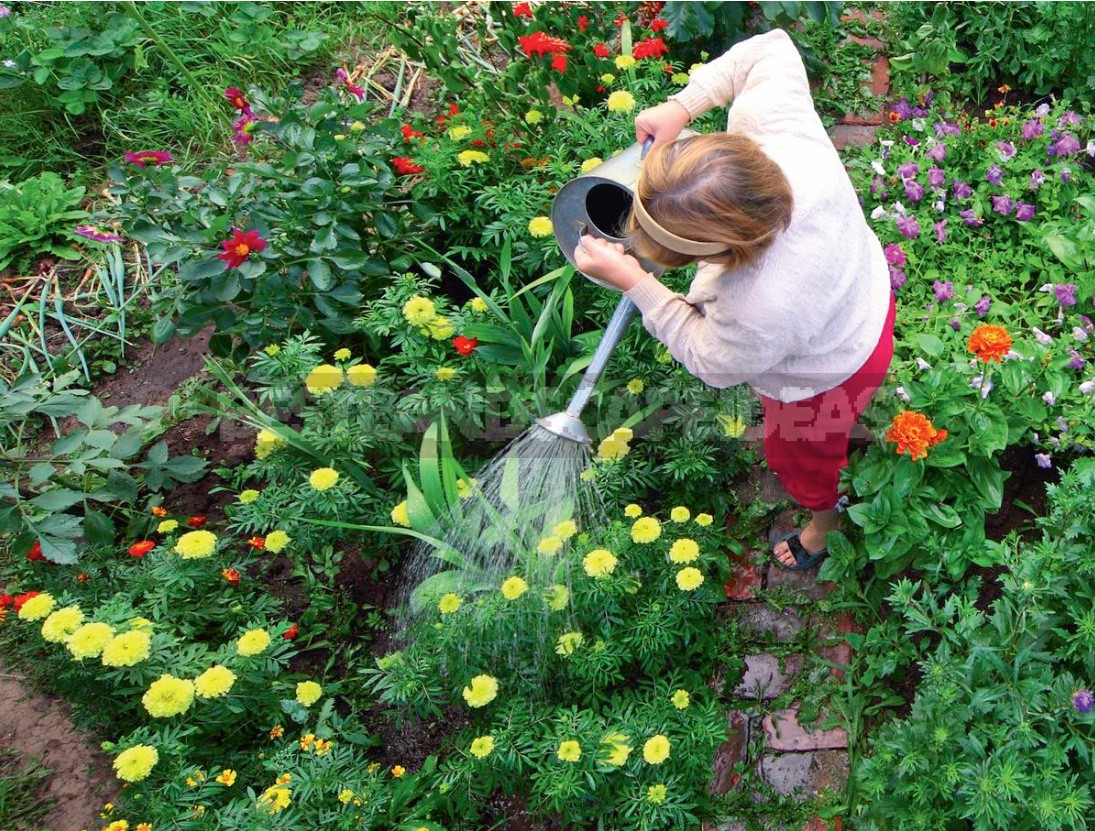
Especially important for the green inhabitants of the garden is sunlight: it produces chlorophyll, the “blood of plants”.
And, of course, an individual approach — after all, the need for water, sunlight, soil acidity and its mineral composition is very different for people who come from forests, mountains, steppes and swamps. Therefore, it is important at the stage of garden planning to learn the basic requirements of plants that you are going to decorate your garden, choose the most suitable varieties for your conditions, and then plant them and ensure proper care.
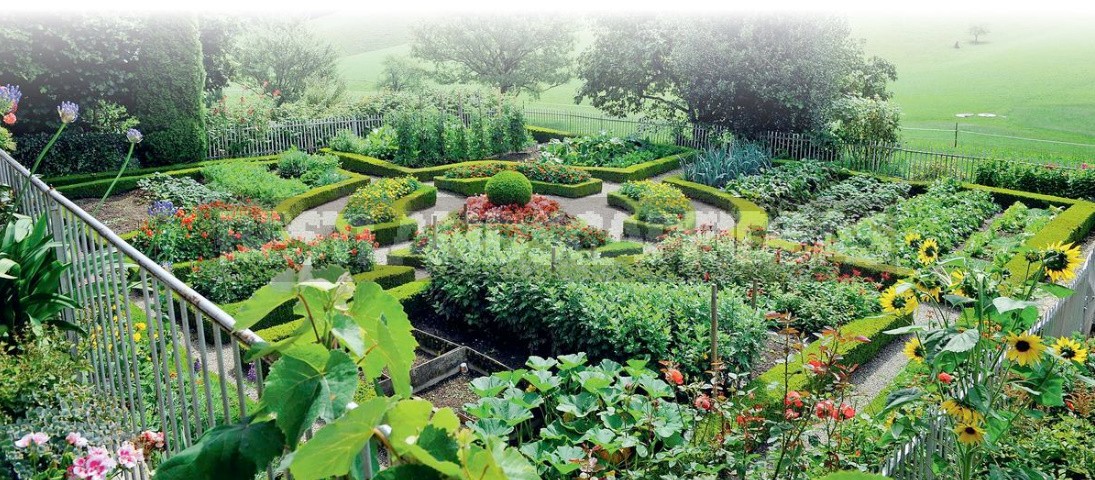
And even if you can’t completely protect your beloved plants from diseases (no one has ever managed to do this before), knowledge and experience that comes with the years will help you avoid many troubles, and the garden will always thrive and be healthy.
Preventive measures
A well-known medical postulate States that any disease is easier to prevent than to cure. This statement is also true for the world of plants. Therefore, when caring for a garden, follow simple rules.
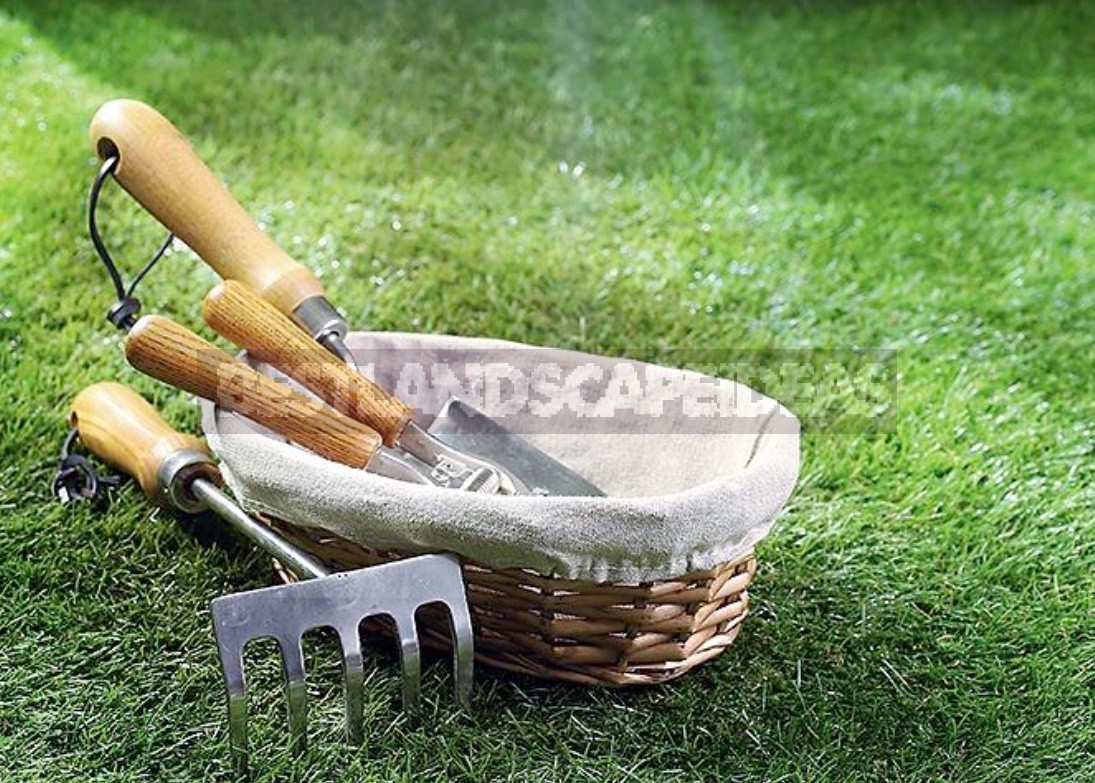
- Plant only healthy and strong planting material.
- Proper and timely care of plants will help them avoid many diseases.
- Regularly carefully inspect the plants and remove all dying and damaged leaves and branches.
- Disinfect the tools used for pruning plants.
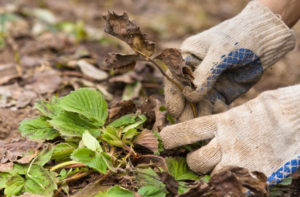

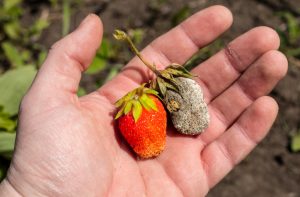
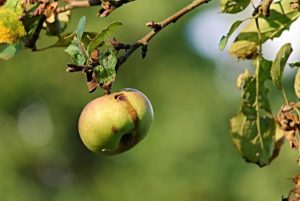
Leave a Reply